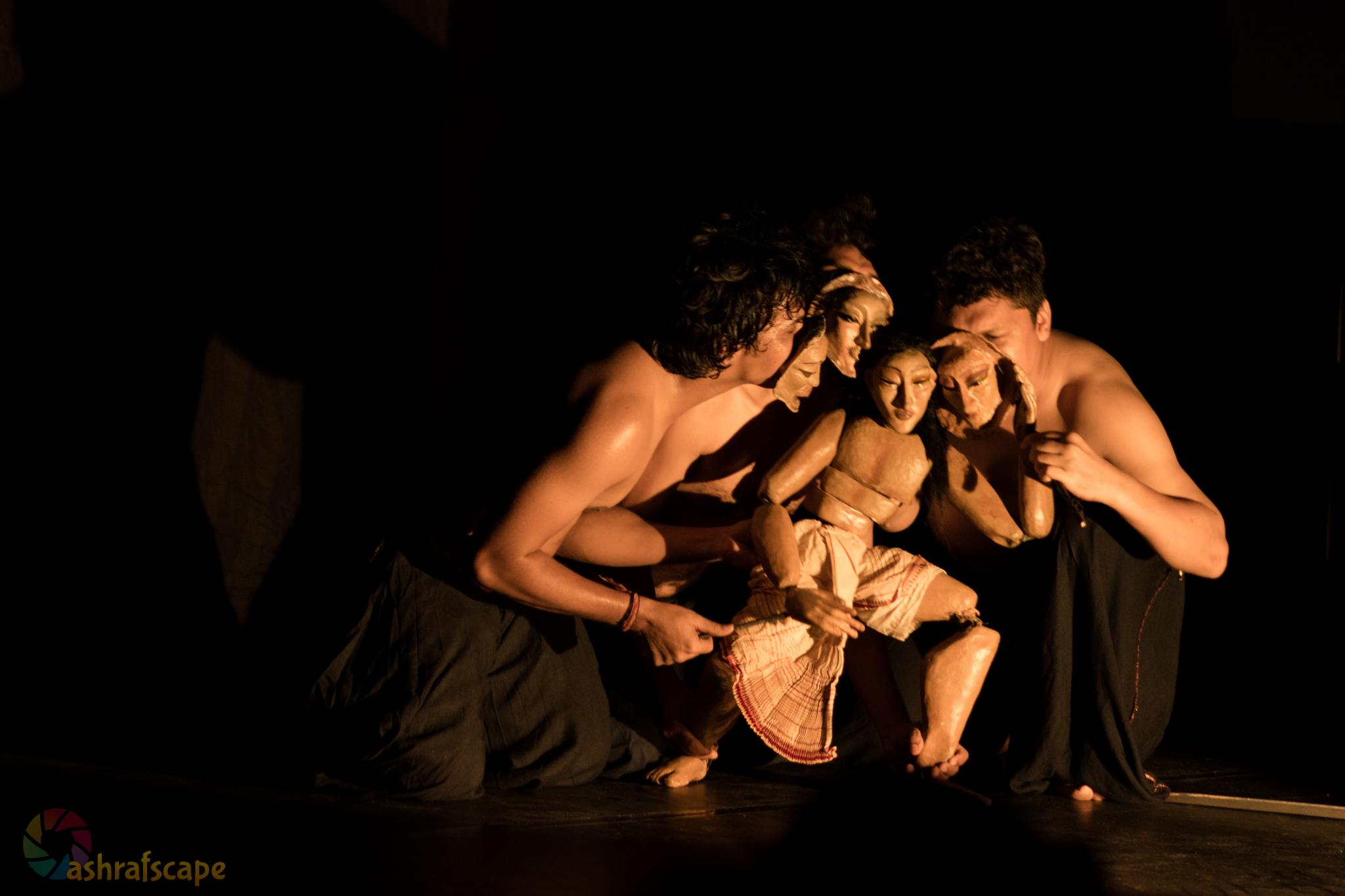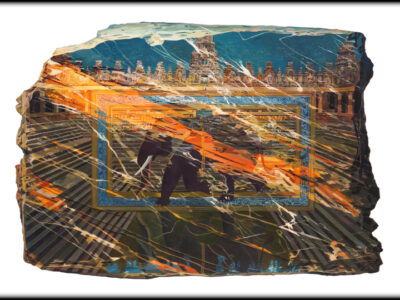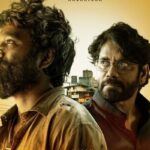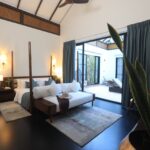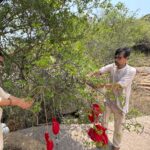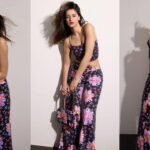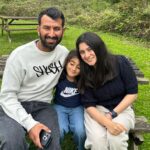Manam Theatre Festival 2023 will be a unique act to bring people of Theatre together—performers and audience alike—explains Harika Vedula
Harika Vedula talks to us about how the Manam Theatre Festival is about diversity and in-depth immersion. The festival is the work of The We_Us Collective, an Almond House initiative. Known for Tollwood flicks like Mere Haule Dost, Yuddham Sharanam and The Anushree Experiments, the actress opens up about her roles of Curator-Director of Manam Theatre Festival, and the Founder of The We_Us Collective.
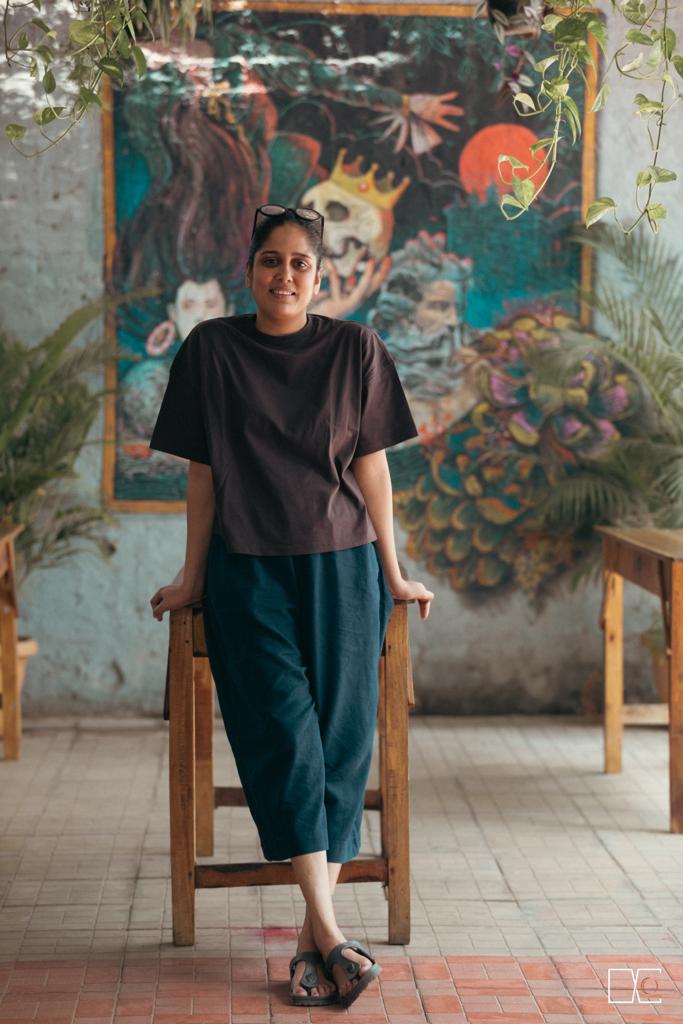

Still from ‘Bali’ by Adishakti
The first edition of Manam Theatre Festival is celebrating Performance, Culture and Community. What is your vision for the festival?
Generally speaking, as a community of people, we get together for culture, and a part of art and culture is performing art—and through this Theatre Festival, we are celebrating the elements of performance, art and community. Theatre arts have a certain form of storytelling—a different way of communicating—whether it be in terms of topic, language, or form and style of delivering—Theatre arts bring together a diverse set of communities through its composition of a diverse set of artistic acts.
When it comes to performance of art, in Theatre, there is live interaction and energy exchange, which in my mind is unparalleled, as performing on the stage brings out a different facet of the artist.
Why do you think Theatre is thriving in the age of ‘Netflix and Chill’?
I have dabbled in both, the worlds of Theatre and Film/TV are intertwined because the people involved are well-connected, they are also able to perform for both media, but I repeatedly say this—they are two different worlds, and not comparable in my opinion, as they serve different purposes—why Theatre is thriving is because of the joy it brings people as it gives them the space to immerse in a certain environment, to be in a world continuously that you are creating together by just showing up. People come together for movies, no doubt, but in this festival, the intention is to bring the community together, especially in how we have programmed it—in addition to the plays, we have Fringe events where people can interact in an intimate setting, where we have Meet & Greet, Workshops and Storytelling Sessions—it encourages the community including the audience to come together and have a conversation. By showing up repeatedly, the world you are creating is changing, it is evolving. In my mind, why Theatre is thriving is because it is literally a mini community coming together to tell stories. Through Manam Theatre Festival, hopefully, we can build the community step by step, person by person.
What was the criteria for selecting the acts and the artists for the festival?

Still from ‘Afghanistan is Not Funny’ by Henry Naylor
The ultimate goal, which became our core value, was to curate the festival in order to showcase the diversity in Theatre as much as possible. So you are not looking at just one form of performance—people are a huge part of the festival—it is not about which is the best group, but it is about collaboration. Theatre is such a broad spectrum of various specialised forms of arts, the performing troupes are basically people who have been honing their skills in their own particular area of arts. Take the play Afghanistan is Not Funny, for example—it is a docu-play by the British comedian Henry Naylor in collaboration with the Scottish Press Photographer Sam Maynard, and the play is a rendition of their true experiences in the war-torn Afghanistan. Take The Far Post by Dur Se Brothers in which you will witness masked puppetry alongside original music from a popular Lepcha folk-fusion band from Sikkim—Sofiyum.
The people we have selected are relevant and significant in what they do. The full intention behind the concept of the festival is to open it up for more and more equally hardworking and beautiful work that people are making in the industry, be it in India or beyond. One can curate only so much in a year, but in the first edition of the festival, there’s something for everyone—it’s almost like we are providing a platter of selection, and inviting the audience to pick what they like, or are curious about.
What can the audience expect when you say ‘experimental productions’?

Still from ‘Elephant in the Room’ by Dur Se Brothers
Without getting into technicality, if one experiments with the form of storytelling, we would call it experimental—for example, if you take The Far Post by Dur Se Brothers, it is practically a non verbal play, it has an element of magic realism to it, it deals with the physical world and the surreal world, bringing a performance which is not traditional in nature.
The festival makes for a month-long weekend calendar. Was the schedule intentionally designed?
Yes. I think it’s a very practical way of looking at things. A month has four weeks, it also has four weekends. By and large, the community would be looking at cultural activities during the weekends in general. As much as we promise the audience great artists, we also want to promise the artists a great audience. Keeping these intentions in mind, it made sense to heavily organise the shows around the weekend and still have Fringe events that take place on Thursdays, Wednesdays and Sundays, etc.
What more can you tell us about the Fringe events?
We have sprinkled around the four weekends of the festival. As I have said before, the idea is to bring the people of Theatre, including the artists and the audience, together. We have Acting workshops for children, Storytelling sessions, and we have Tech design Workshops which highlight such facets of Theatre arts—which are not just about the actor or the director, but also those people who are integral to the process—people of Light design, Set up, Stage management, Vendor management, and things like that. Henry Naylor will be conducting a workshop on satirical writing, being a stand up comic and performer himself. We have organised events like Meet the People of Theatre(MTPot), where the visiting troupes visiting will convene with the communities gathered to watch the local performance scheduled for Fridays during the festival, to just talk about what it takes to perform puppetry, to make masks, to design sets, to talk about acting itself—the breath, the emotion, the community, their journey. In addition to the stage performances themselves, we want to bring the people to the forefront, and let them have conversations, whether it be aspiring artists, an audience member. Instead of a typical Q & A, we want to bring them in a setting, and say—this is the purpose of this act, why don’t you get together and talk about it.
As an artist who has been part of Film and Theatre, how do you understand your love for the universe of Theatre Arts?
I feel Theatre is a life changing experience, because we work with children, we work with senior citizens; as a community, we do workshops, we experience everything—we watch plays, in different languages, sometimes non-verbal; to be able to be part of a community that is based on trust—the first thing you do in Theatre is trust exercises—I think Theatre has its own pros—how it helps an individual to break out of inhibitions—while that happens with many other forms of art as well, Theatre is interactive. The connection is very evident, when you see it happen. The change is instant. You do Theatre, you always come back to it. It’s always a first love in my opinion.
How was your experience organising the first edition of Manam Theatre Festival?
The most wonderful part from the get-go is people have come forward and given themselves while wearing multiple hats. People from the film fraternity have been coming forward and supporting the festival, simply by standing by an artist’s journey. Our team, we are a collective of artists, directors, tech designers, production professionals, writers, etc. We have been able to, sort of, divide and also combine our experiences together in the field, with the purpose of creating momentum for what we feel will be a respectable way to organise a festival.
Apart from that, the support that we have received in the form of resources, people have helped give things a little push as needed, or they have helped take things in a certain direction, or have helped with any other aspect—that’s what Theatre is! It’s so heartwarming to look ahead, nearing the inaugural day of the festival, when people walk in to support, and they could be anybody who has not even done a performance—it creates that ecosystem.
We have been getting all kinds of support right from the formation of the team. This is a festival where you have multiple troupes visiting, and bringing them together, organising the festival has been a joy, simply because of the people who are helping put this forward. In fewer words, my experience has been encouraging, heartwarming, joyous, and it has been difficult but I say it is completely worth it.
The festival is being presented by The We_Us Collective—an interesting name for a team.
The team name—The We_Us Collective—we and us are the same word, but to say it again and again—it reinforces the intention that we are coming together, we are a collective, we bring a diverse set of people to get together, we are here to see how we can build a larger collective. The underscore is significant, it signifies the intention to include.
The first edition of Manam Theatre Festival is scheduled from November 24, 2023 to December 17, 2023, and will take place in Hyderabad at four venues around four weekends. It will feature four home troupes, four visiting troupes and eighteen shows and multiple events including mini-talks, workshops and demonstrations. The performances will variably be in English, Hindi and Telugu.

Still from ‘Biryani aur Haleem’ by Sutradhar


